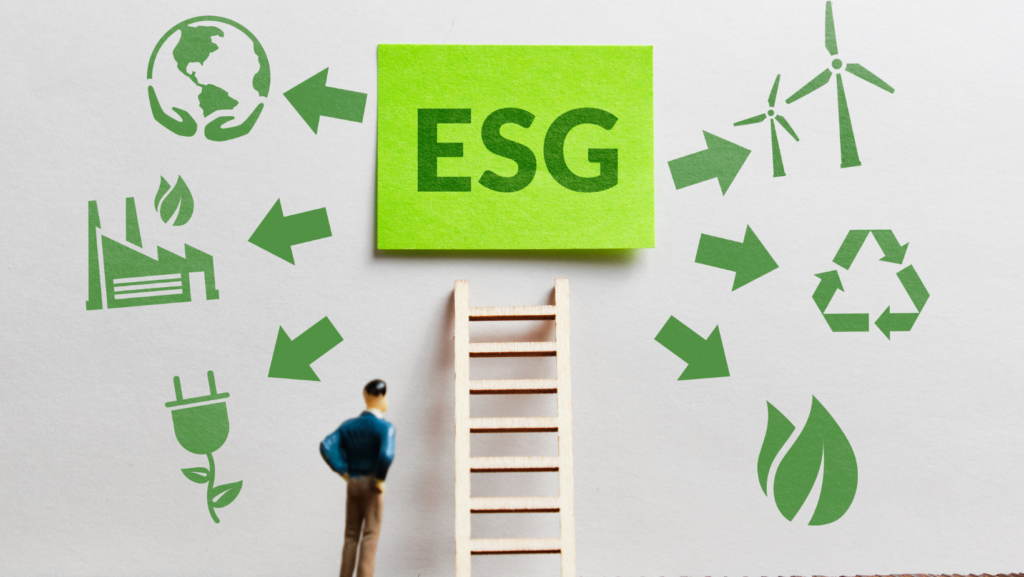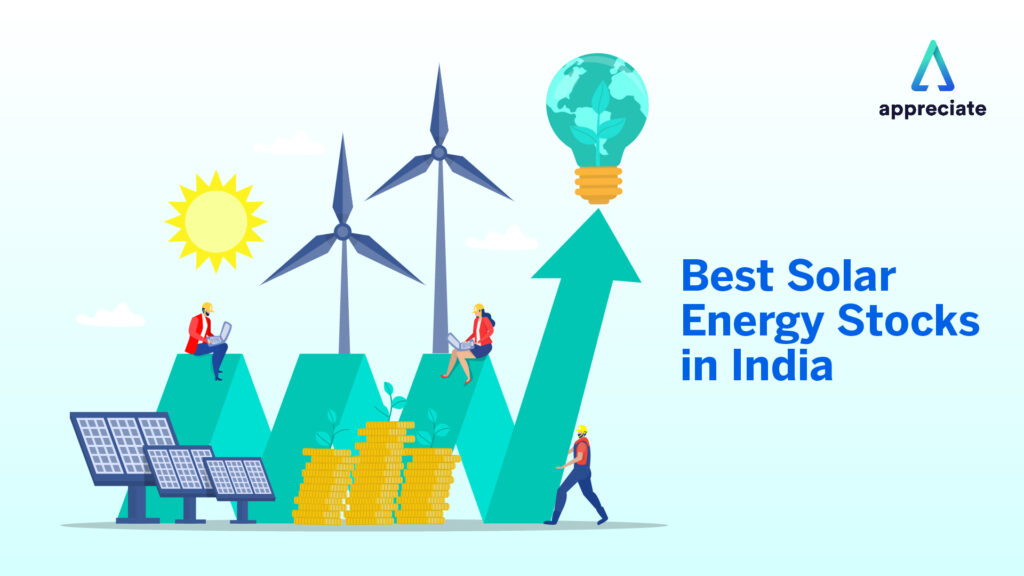Imagine a world where your investments do more than just yield returns; they actively contribute to building a sustainable future. This is not just a vision but a growing trend among investors.
In fact, more than 60% of consumers are increasingly making purchase decisions based on sustainability and ethical considerations, and this trend is expanding by approximately 10% each year.
What is ESG Investing?
So, what is an ESG? ESG Investing, short for Environmental, Social, and Governance investing, is an approach where investments are chosen based on a company’s ecological, social responsibility, and governance practices.
It prioritises firms that positively impact society and the environment, aligning financial goals with ethical values.
By 2025, the value of ESG assets is expected to reach an impressive $53 trillion, representing a significant one-third of the global Assets Under Management (AUM).
How Does ESG Investing Work?
According to a 2023 survey, 50% of professional investors globally plan to boost their socially responsible investments in the upcoming year.
Interestingly, 9% plan to reduce their ESG investment, while 4% remain undecided. This indicates a growing but cautious approach towards ESG investments.
But what are ESG investments exactly? They seek to bring about positive change while also providing financial returns, through a focus on three areas.
ESG stands for Environment (company’s environmental impact), Social (management of human relationships), and Governance (leadership and corporate practices).
Advantages of ESG Investing
1. Strong Financial Performance & Leadership
These companies tend to have better risk management, more innovation, and stronger customer and employee relations, which often translate into better financial results and market leadership.
2. Leads to High Return
In the first half of 2023, sustainable funds experienced a median return of 6.9%, outperforming traditional funds, which saw returns of 3.8%.
3. Promotes Ethical Companies
Investing in ESG stocks backs companies with ethical practices, like Tesla and Unilever, known for sustainability, and frequently featured in ESG portfolios.
Why Should You Choose ESG Investing?
Choosing what are ESG investments means opting for a future-focused approach. This table outlines key reasons to consider ESG investing:
| Reason | Description |
| Alignment with Values | Invest in companies that reflect your ethical values. |
| Risk Mitigation | ESG investing can lower the risk of environmental, social, and governance setbacks. |
| Market Leadership | ESG companies often lead markets due to innovative and sustainable practices. |
| Regulatory Compliance | ESG-focused companies are typically ahead in complying with evolving regulations. |
| Long-term Gains | Potential for long-term financial gains due to sustainable business models. |
What are ESG Stocks?
ESG stocks are companies excelling in environmental, social, and governance areas, often yielding higher returns, lower risks, and sustainable business. As per Insider Monkey the top five ESG stocks for 2023, including their stock symbols and hedge fund holder count are as follows:
| Company Name | Stock Exchange Symbol | Hedge Fund Holders |
| Visa Inc. | NYSE: V | 171 |
| NVIDIA Corporation | NASDAQ: NVDA | 175 |
| Meta Platforms, Inc. | NASDAQ: META | 225 |
| Amazon.com, Inc. | NASDAQ: AMZN | 278 |
| Microsoft Corporation | NASDAQ: MSFT | 300 |
Disclaimer: Investments in securities markets are subject to market risks. Read all the related documents carefully before investing. The securities quoted are exemplary and are not recommendatory.
Who Should Consider Investing in ESG Stocks?
ESG investing allows individuals to contribute to positive social and environmental change while potentially reaping financial benefits. This investment strategy is particularly appealing to certain groups:
– Ethical Investors
– Environmentally Conscious Individuals
– Socially Responsible Investors
– Impact-focused Investors
– Long-term Value Seekers
In ESG investing, each choice we make is a step towards a more sustainable and ethical world. Remember, “Investing is not just about the returns, it’s about creating the future we want to live in.”
FAQs
How is ESG calculated?
ESG scores are calculated by evaluating a company’s performance in environmental care, social responsibility, and governance standards. For example, a firm with low carbon emissions and fair labour practices would score high in ESG metrics. These scores guide investors in making ethical investment decisions.
How do you know if a stock is ESG?
A stock qualifies as ESG if the company shows strong performance in environmental sustainability, social responsibility, and good governance, often validated by ESG rating agencies.
How has ESG affected stock investing?
ESG investing has grown, with more investors prioritising companies with high ESG scores, influencing stock choices and market trends significantly.
What are the different types of ESG stocks?
ESG stocks vary across sectors, including renewable energy, ethical consumer goods, and responsible finance companies. They represent businesses excelling in sustainable practices, social responsibility, and ethical governance.
How does ESG affect the market?
The ESG and sustainability advisory market is experiencing significant growth, with projections to reach a market value of $39.3 billion in 2023, reflecting its rising influence in the global market.
What is the purpose of ESG?
ESG investing aims to support companies that are committed to environmentally sustainable practices, social responsibility, and strong governance while achieving financial returns.
Is ESG investing good?
Yes, ESG investing is beneficial as it aligns investment decisions with ethical values, potentially leading to sustainable long-term financial returns and positive social impact.
Are ESG stocks profitable?
ESG stocks can be profitable, offering a strategic way to invest in companies that are not only financially sound but also ethically responsible.
How many investors use ESG?
A significant 89% of investors now incorporate ESG considerations into their investment strategies, indicating its growing importance in the financial world.























